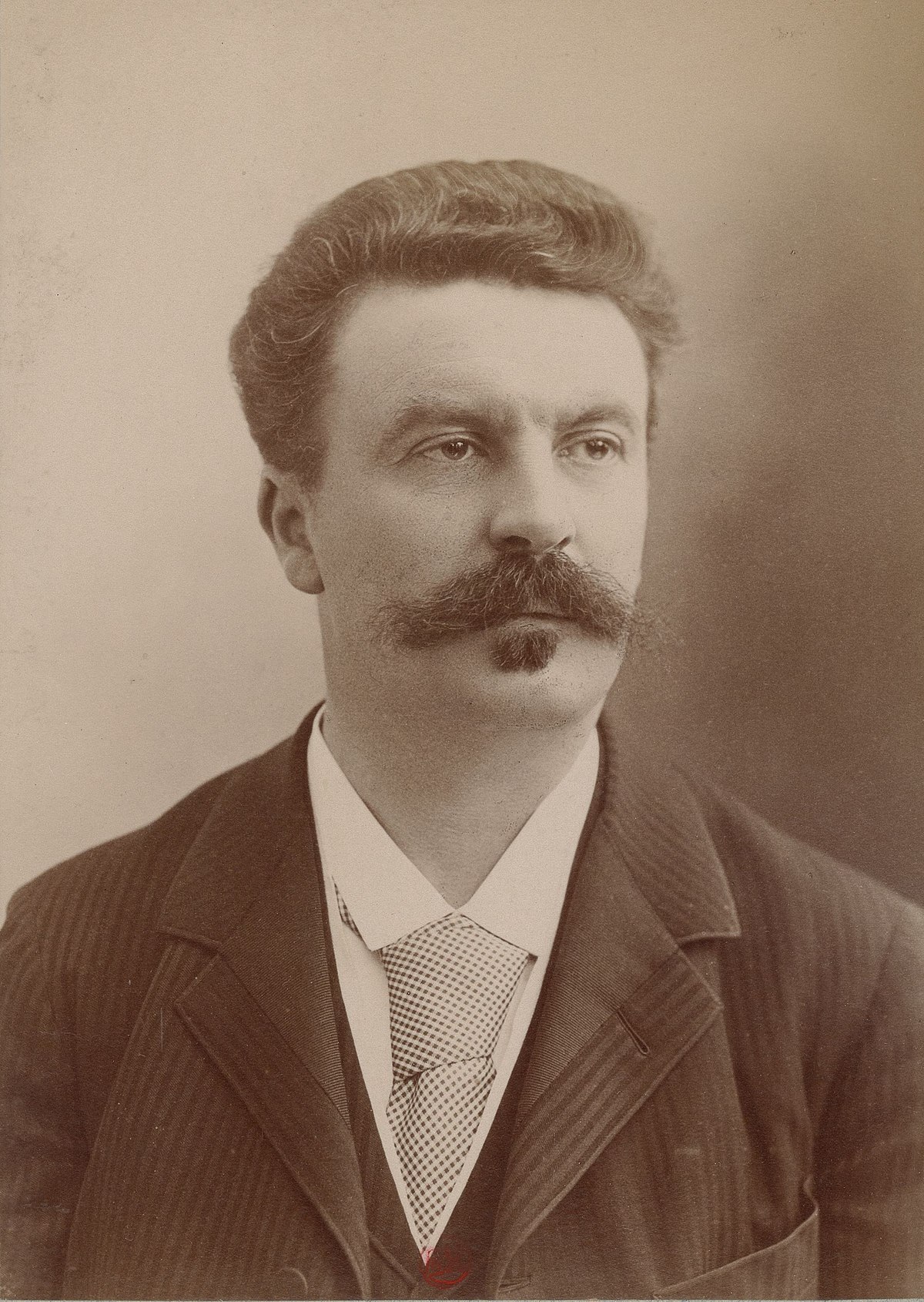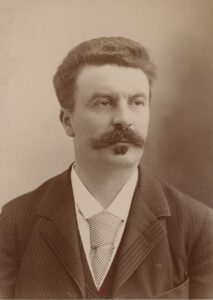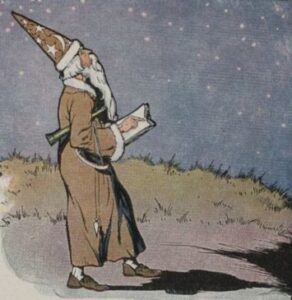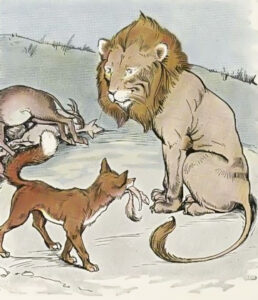The most popular German Short Story Writers
German literature has a rich history that encompasses a wide range of genres, including short stories. Throughout the years, numerous German writers have gained international acclaim for their compelling and influential works in this format. In this article, we will explore some of the popular German short story writers who have left a lasting impact on the literary world.
Franz Kafka
Franz Kafka is widely regarded as one of the most important figures in 20th-century literature. While he is best known for his novels, Kafka also wrote a significant number of short stories. His works often explore themes of alienation, existential angst, and the absurdity of human existence. Stories such as “The Metamorphosis” and “The Trial” have become iconic examples of Kafka’s unique blend of surrealism, symbolism, and psychological depth. Kafka’s writing style and imaginative narratives continue to captivate readers around the world.
Heinrich von Kleist
Heinrich von Kleist was a German writer and playwright known for his innovative and psychologically complex works. His short stories often delve into themes of human nature, morality, and the inherent contradictions of life. Kleist’s stories, such as “The Marquise of O” and “Michael Kohlhaas,” are renowned for their vivid characterization, gripping plotlines, and exploration of ethical dilemmas. Kleist’s profound insights into the human psyche and his exploration of existential themes have secured his place as a significant figure in German literature.
E.T.A. Hoffmann
Ernst Theodor Amadeus Hoffmann, commonly known as E.T.A. Hoffmann, was a German writer and composer. He is celebrated for his contributions to both music and literature, particularly his fantastical and gothic short stories. Hoffmann’s works often blur the boundaries between reality and the supernatural, exploring themes of identity, madness, and the power of imagination. Stories like “The Sandman” and “The Nutcracker and the Mouse King” showcase Hoffmann’s ability to create atmospheric and haunting narratives that continue to inspire writers and artists.
Arthur Schnitzler
Arthur Schnitzler was an Austrian author and playwright whose short stories depicted the social and psychological complexities of Vienna at the turn of the 20th century. Schnitzler’s works, such as “Dream Story” and “Lieutenant Gustl,” delve into themes of desire, sexuality, and the contradictions of bourgeois society. Known for his psychological insights and mastery of interior monologue, Schnitzler’s stories offer nuanced portrayals of human relationships and the inner conflicts of his characters.
Karen Duve
Karen Duve is a contemporary German author known for her insightful and often humorous short stories. Her works explore a range of topics, from everyday life to social and cultural issues. Duve’s collection “Regenroman” (Rain Novel) presents a series of interconnected stories that offer sharp observations and satirical commentary on contemporary society. Her witty and engaging narratives have earned her a loyal readership and established her as a prominent voice in contemporary German literature.
Conclusion
German literature has produced a wealth of talented and influential short story writers who have shaped the literary landscape. From the enigmatic works of Franz Kafka and the psychologically complex narratives of Heinrich von Kleist to the fantastical tales of E.T.A. Hoffmann, the insightful stories of Arthur Schnitzler, and the contemporary observations of Karen Duve, these authors have left an indelible mark on German and world literature. Their contributions continue to captivate readers with their unique storytelling styles, exploration of human nature, and thought-provoking themes.




